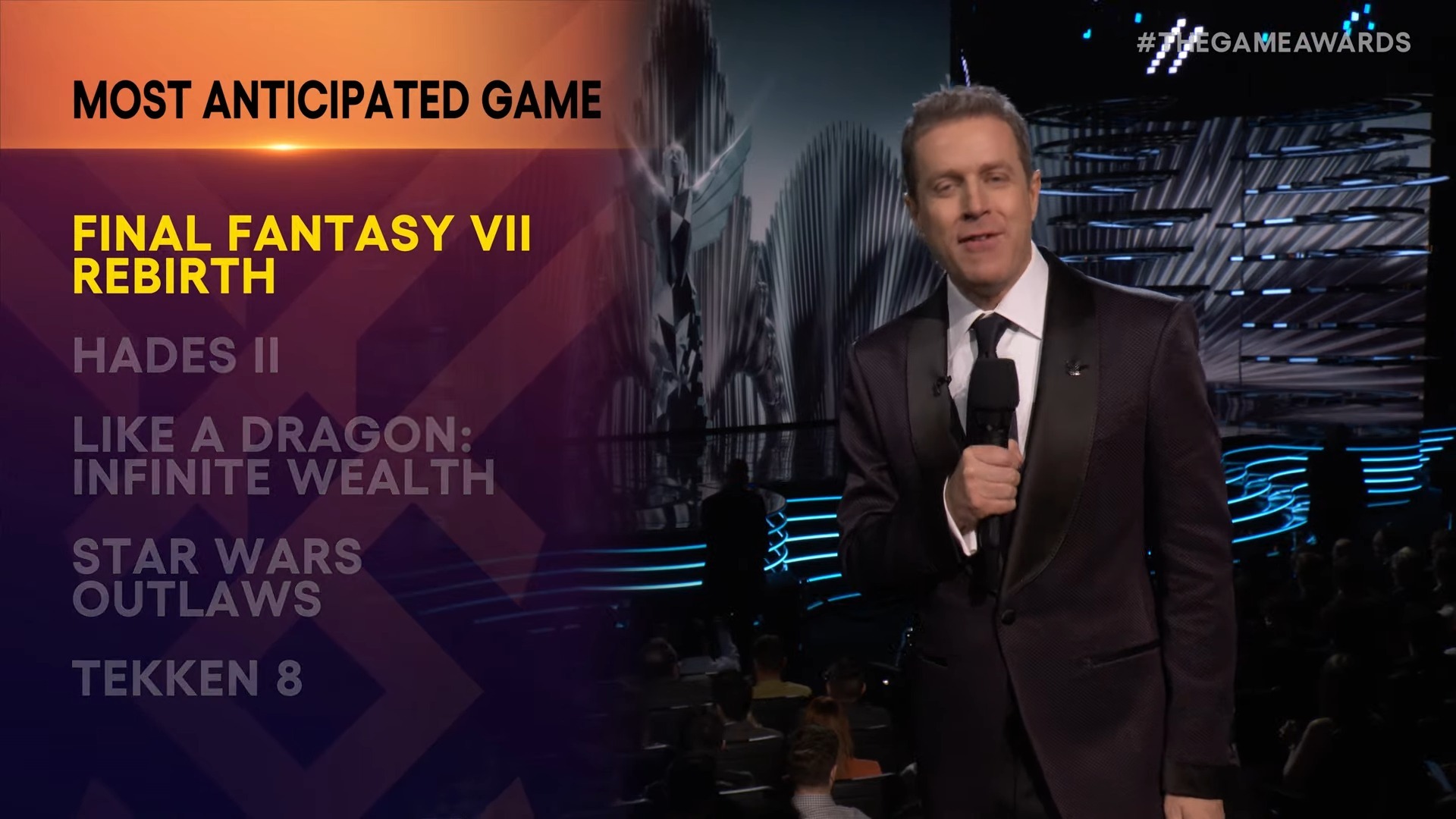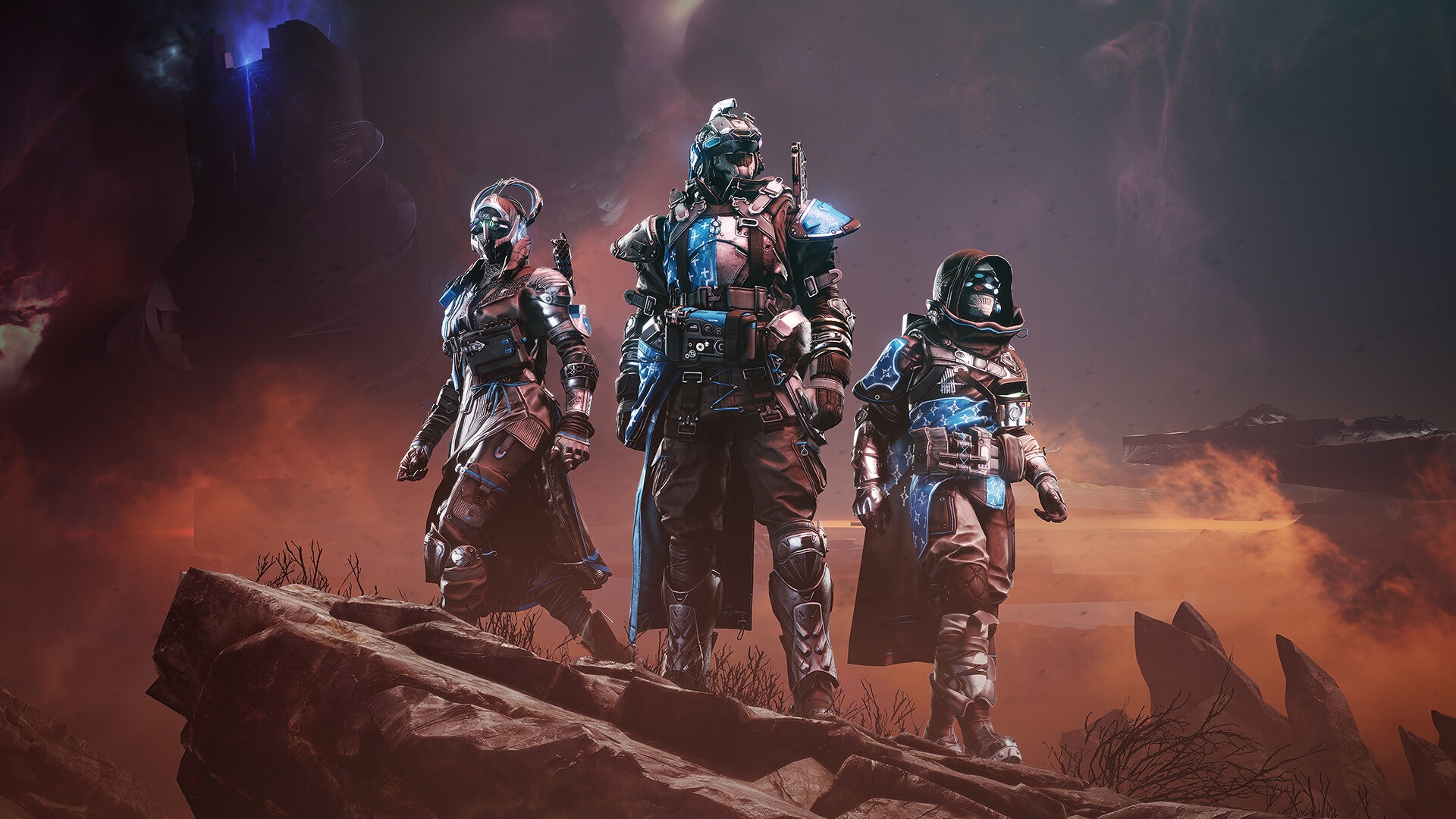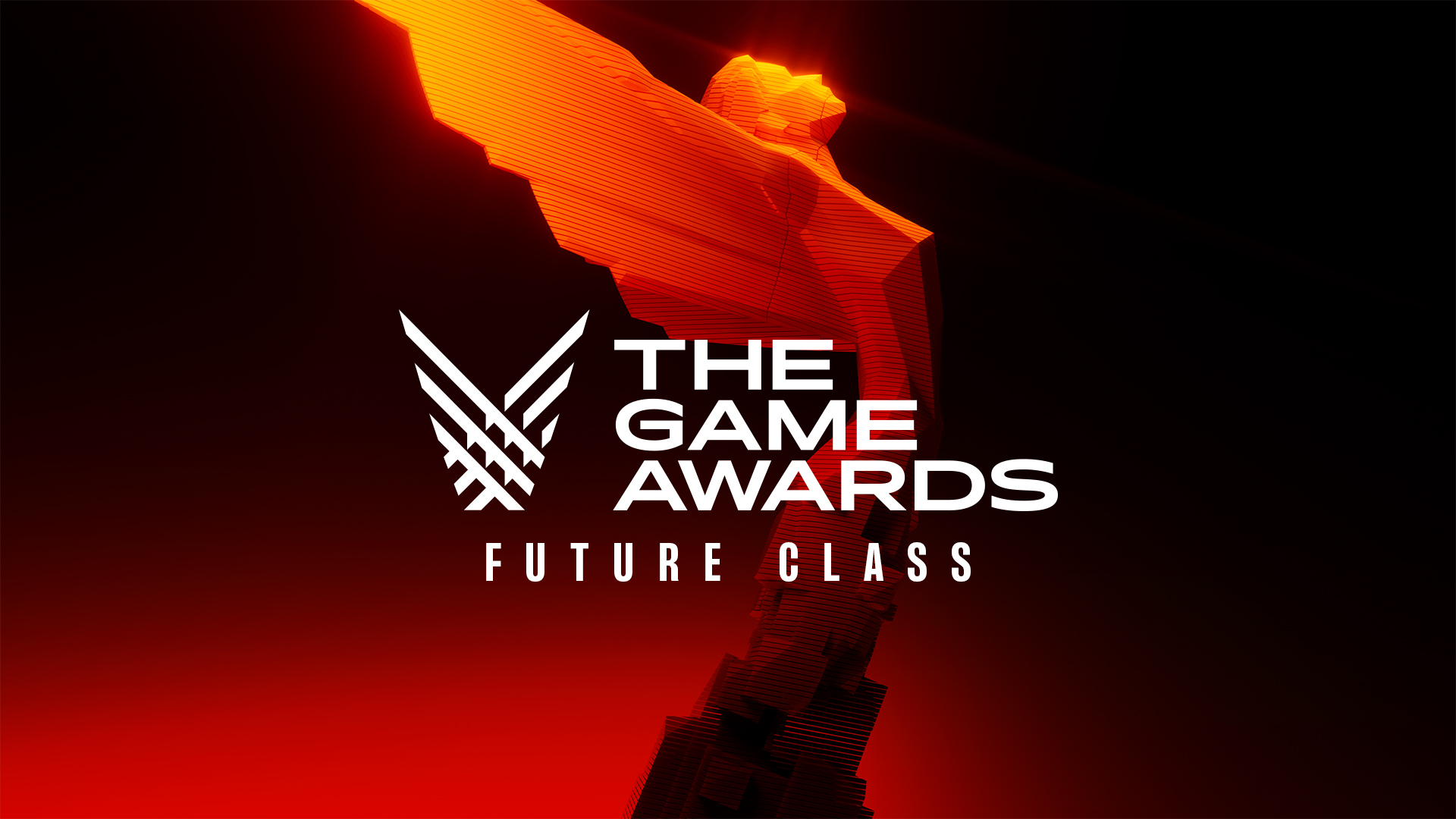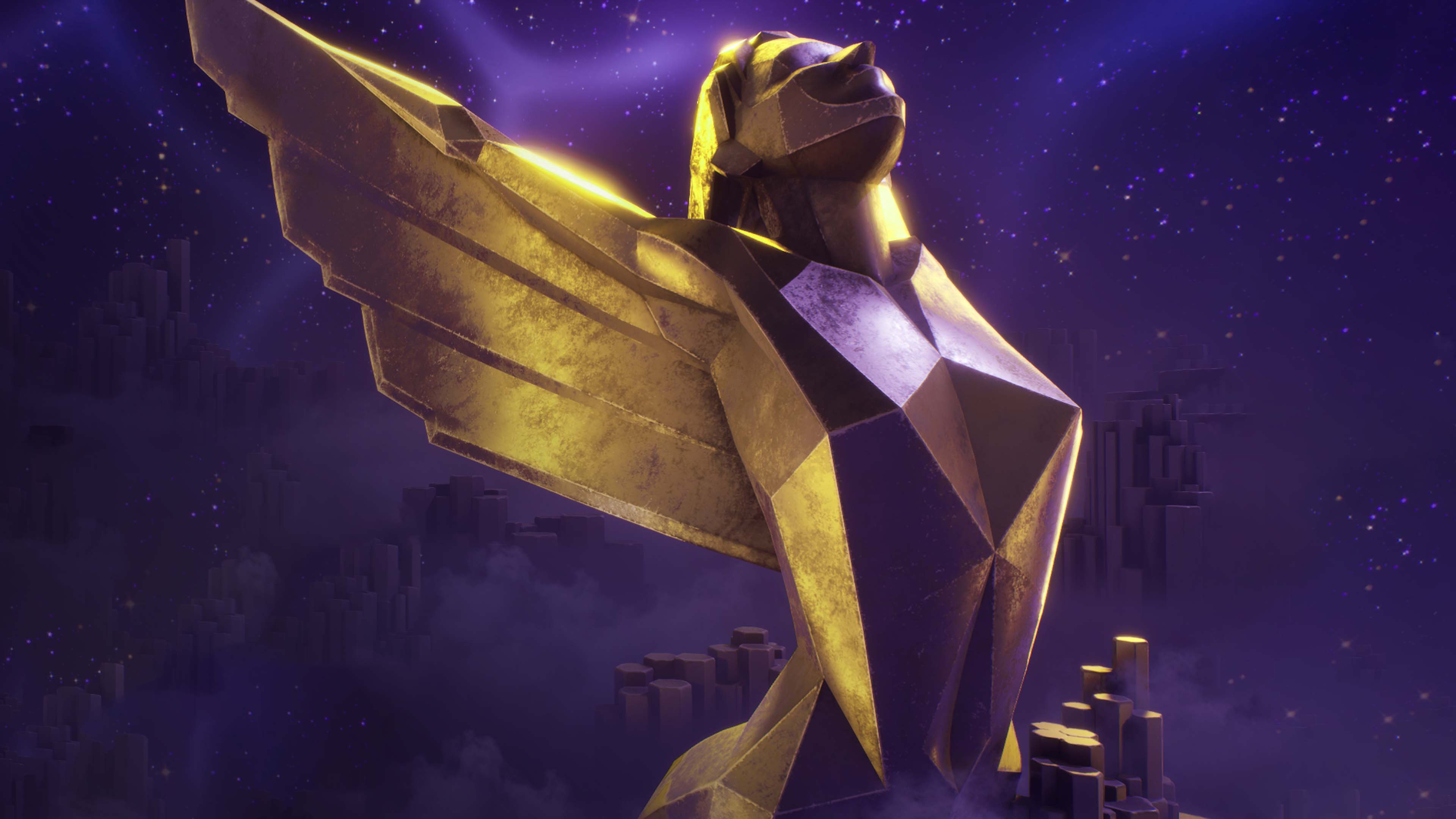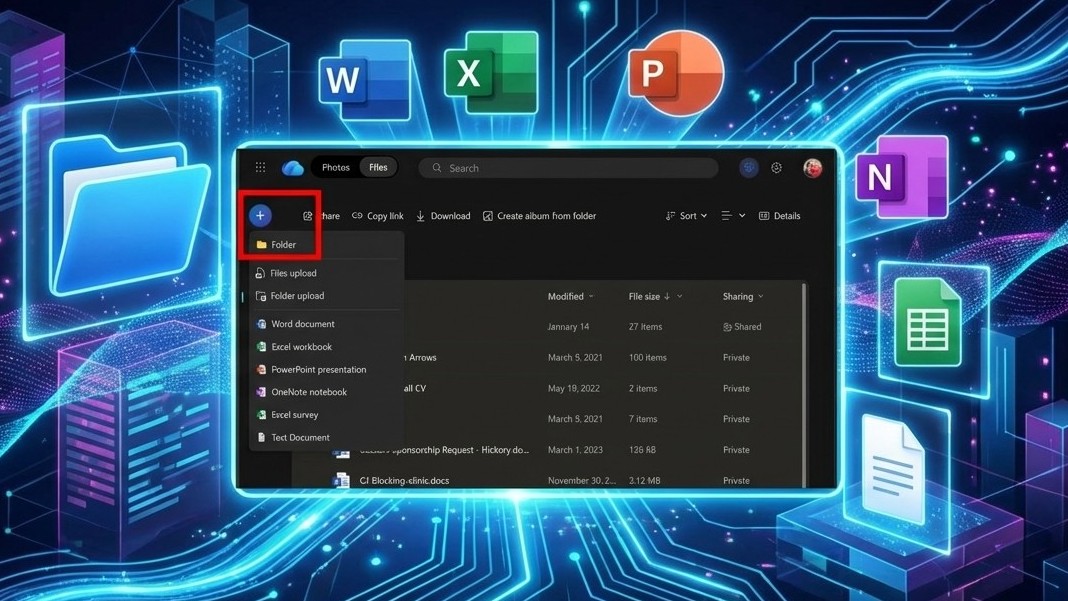The Game Awards 2023 let down developers and viewers, and we have something to say about it
The game awards didn't get much attention at The Game Awards, and neither did developers.
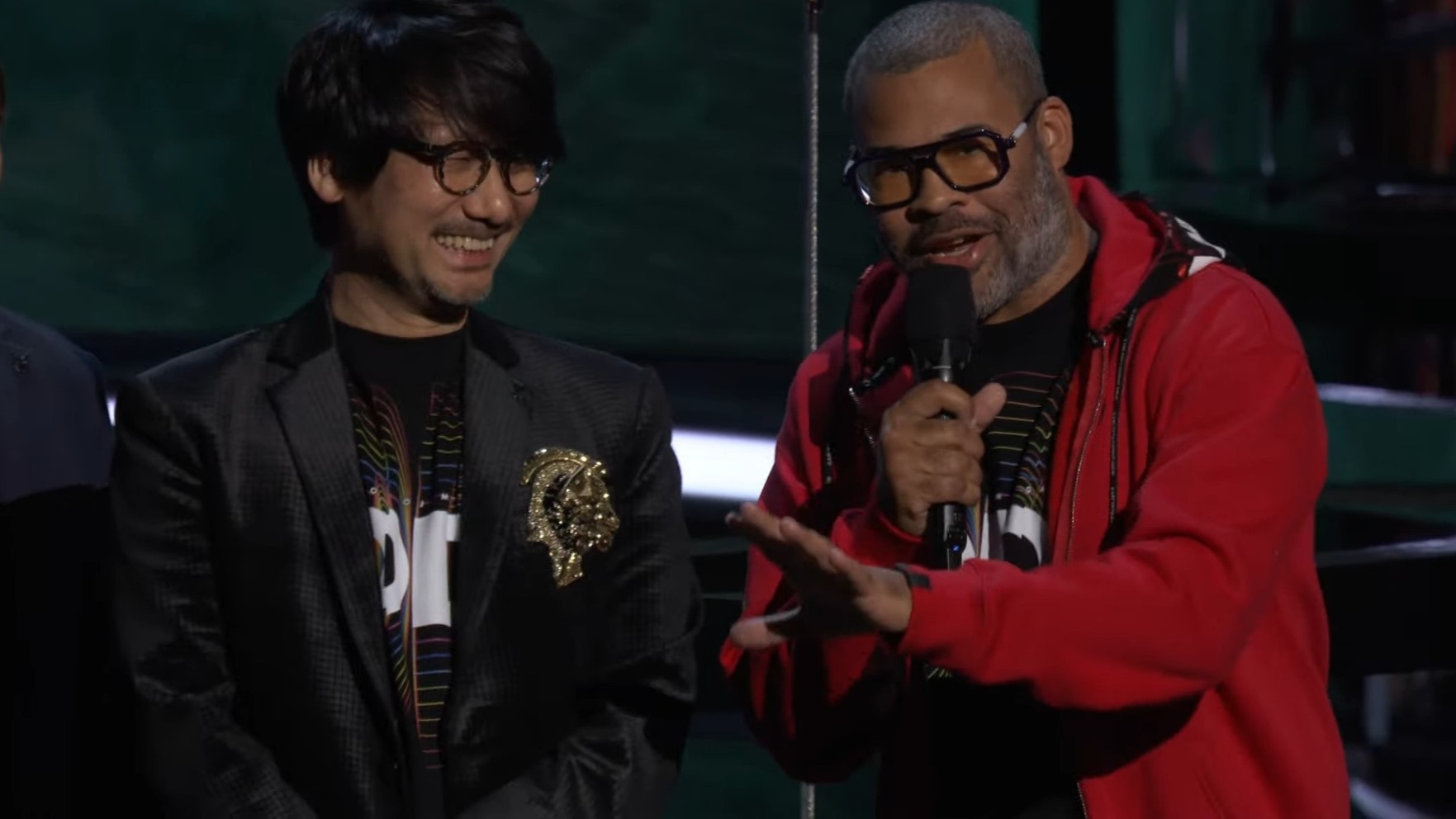
The Game Awards 2023 has now come and gone, with 32 awards handed out to various studios in recognition of all the amazing games that they've released this year. It's a wonderful show where the industry's developers, big and small, come together to celebrate each other's incredible hard work, talent, and creativity. Or it's supposed to be, anyway.
That's certainly not the impression Team Windows Central got watching the show while covering it live last night. In fact, what was pitched as a festive evening that honors this year's games and the people who made them actually ended up focusing almost entirely on Hollywood celebrity appearances, trailers, and business ads. And that's only a few of the many issues that left us feeling disappointed and angry.
Where do we even start? Well...
Rushing through awards in the blink of an eye
The Game Awards 2023 was riddled with problems, ranging from the pathetic 30 seconds (some) award winners were allotted to give an acceptance speech to the complete and utter lack of any mention of the unprecedented amounts of layoffs that developers have been subject to this year. The thing that irritated me more than anything else, though, was the fact that a significant portion of the 32 awards given out were blown through at a ridiculous pace.
Instead of allowing the recipients of each award to come on stage, accept their trophy, and celebrate with fellow developers — which is, you know, what The Game Awards is supposed to be about — Geoff Keighley listed off many winners four or five at a time, blitzing through these short little roundups in two minutes or less. Some of the categories that got speedrun through include Best RPG, Best Multiplayer Game, and Best Art Direction, among others. The very important Innovation in Accessibility award was also crammed into the pre-show and was sprinted past like the rest. Only a select few winners got to take the stage (and even then, they essentially had no time at all).
In an event that's literally called The Game Awards, you'd think that there'd be plenty of time for the folks who made this year's best and brightest titles to shine. Yet this couldn't be further from the reality of the show, in which Keighley seemed eager to rush through awards as quickly as possible to get to the next series of ad-sprinkled trailers, a new Hollywood star guest appearance, or his almost 10-minute interview with best buddy Hideo Kojima about OD, a game we've seen next to nothing of. Every single developer that took home an award last night deserved better. — Brendan Lowry, Gaming Contributor
The Game Awards values celebrity presenters more than winners
If I won game of the year and was dedicating the award to a member of my team who had died during development and saw the words “Please wrap it up” I’d be fucking pissed #TheGameAwards pic.twitter.com/be0hLfmfT2December 8, 2023
The Game Awards is an emotional experience for fans and developers alike where the hard work of thousands of creative people is officially recognized. But instead of reveling in winner victories this year, I frequently found myself getting frustrated as celebrity presenters stole the stage to talk way too long about their foot injury or to randomly point out at the crowd to get a reaction when what I really wanted to hear was acceptance speeches from people who actually deserve the spotlight.
All the latest news, reviews, and guides for Windows and Xbox diehards.
The people behind Baldur’s Gate 3 in particular — the game that ended up walking away with six awards including Game of the Year — should have had more time. Instead, these well-deserving folk were ushered away more than once while in the middle of deeply emotional speeches. Tears came into my eyes as Neil Newbon, who won an award for his amazing performance as Astarion the half-elf vampire spawn, talked about how people from the BG3 community reached out to say they felt “represented by this game when they lost hope” but the cue music letting him know his time was up forced him to rush his comments when all I wanted was to hear more about what he had to say.
Apparently, winners only had about 30 seconds for their remarks at The Game Awards with a large teleprompter screen pointed their way and counting down their remaining time as they stood on stage. This isn’t too different from the 45 seconds Emmy Winners got last year, but it’s also not nearly enough. Most egregious of all, the category for Game of the Year should at least be given time to talk, but due to the forced time restraints, Larian Studios was ushered off stage while talking about a team member who had recently died. “Please wrap it up” insensitively appeared on the screen as heartbreaking words were spoken. If The Game Awards was truly about celebrating gaming then these winners would be given more time. As it stands it's a disservice to each team’s hard work as well as a disservice to their excited fans. — Rebecca Spear, Gaming Editor
Let's play a guessing game: Was that another ad or an actual trailer?
I had a lot of issues with The Game Awards this year. I could go into depth on how awards increasingly feel like a blatant afterthought, or how the developers we're supposed to be celebrating hardly got any time to celebrate (we deserved more time with Astarion's actor Neil Newbon, and the Baldur's Gate 3 team absolutely deserved every moment they wanted after winning Game of the Year), or how Geoff Keighley seems allergic to addressing very real issues in the video games industry with his high-profile, influential platform. I could absolutely rant about how the Innovation in Accessibility award — an award I consider to be extremely important — was unceremoniously banished to the pre-show, and even then was rushed through without a second thought. I'll let my fellow team members wax long about those points, though, because they share the same thoughts I do.
What I want to spend extra time on is how every single year I've covered The Game Awards, the show makes the same egregious and frustrating mistake — it's riddled with advertisements and commercials that don't tell you what they are. Scattered amidst the increasingly large number of trailers, reveals, and "world premieres," Keighley drops sponsored content without disclosing its paid nature in any way. I understand that The Game Awards is ultimately supposed to make money, but it is disingenuous to slot ads in between legitimate trailers with no labels or disclaimers indicating that a company paid to have that time slot during the show, and it further muddies the show's supposed secondary purpose (after the game awards, you would think) of informing viewers about new and upcoming games.
The Game Awards already does a pretty mediocre job of letting viewers know if a trailer is new or not. It's especially inconsistent about ensuring that the information people need to know about these new and upcoming games is readily available at the end of said trailers. The issues are only exasperated when you can't even be sure if what you're watching is actually a new trailer, or if a company paid Keighley cash to take up time that should've gone to the developers we're supposed to be celebrating. If The Game Awards is desperate to fully commercialize itself, no one can stop Keighley from doing exactly that — but at least have the gall to be honest with us about it. — Zachary Boddy, Staff Writer
No mention of industry issues at all
As the Game Awards wrapped up the gaming fan in me was overwhelmed by the amazing games announced and gameplay shown, especially Xbox games: Senua's Saga: Hellblade II and Marvel's Blade. But it was hard to completely enjoy the new games and be excited for the future of the games industry when the last year has been the worst in recent memory for layoffs and studio closures. There have been so many, in fact, that we haven't even been able to cover them all. From Embracer Group hemorrhaging employees to completely shutting down the Saints Row studio, Deep Silver Volition, and rumors that the TimeSplitters studio, Free Radical Design, will be shuttered this year as well. Bungie is facing a "soul-crushing mood" after layoffs, and even Microsoft announced it would lay off 10,000 employees in 2023, over a hundred of which were from game studios.
There is a website dedicated to tracking video game layoffs, VideoGameLayoffs, and according to this site, there have been an estimated 9,000 people laid off in the games industry in 2023. It is hard to look at the lavish affluence of the Game Awards and not wonder if some cuts in marketing budgets or a lessening focus on profits by the game studios and publishers could have allowed thousands of developers to keep their jobs. The creator and host of The Game Awards, Geoff Keighley, should have used his platform as a call to action for these studios and publishers to put humans before profits. Unfortunately, he was deafeningly silent on the matter. — Colton Stranding, Contributor
Thousands called for a humanitarian crisis to be addressed, and it never happened
I'm taking up more space on this article to shed light on a subject that's becoming increasingly painful, horrifying, and unbelievable. It's not directly related to video games, but it is so undeniably "human" that it feels irresponsible to ignore it, and that's exactly what The Game Awards did.
Ahead of the show, many members of The Game Awards Future Class drafted an open letter addressed to Geoff Keighley and The Game Awards calling for the show to address the growing humanitarian crisis occurring in Palestine at this very moment. The letter drew thousands of signatures from people associated with the video games industry, calling for an end to the video games industry's abject silence on the situation in Gaza. You can read more about the topic at our sister site, PCGamer.
The open letter drew some criticism for drawing a line between the Palestinian genocide and the misrepresentation of Muslim and Arab peoples in video games, but ultimately simply called for The Game Awards to express support for inclusivity and equal representation in video games, human rights for Palestinian people, and a ceasefire that could put an end to the unjust loss of thousands of civilian lives in the Gaza region.
This is a topic I personally feel strongly about and have educated myself on thoroughly, but this isn't the place for me to express those thoughts. What I will say, however, is that I understand how The Game Awards would reason to avoid such a complicated, widespread, politically-charged humanitarian crisis that isn't directly related to the video games industry, to avoid any controversy that might cost the show support or viewers. The Golden Joystick Awards (produced by Future PLC, Windows Central's parent company) took a "no politics" stance, leading to a developer on Thirsty Suitors backing out of presenting the Best Storytelling award. However, many held out hope that The Game Awards would set an example and take a stance on a situation that has resulted in the death of tens of thousands of people and the suffering of many thousands more.
I also hoped that The Game Awards would go against the tide because this isn't about politics — It's about a terrible situation in which countless human beings are suffering and dying. It's something that affects all of us, but this industry has seemingly universally agreed to attempt to avoid touching on the subject in its entirety. — Zachary Boddy
Developers across social media speak out
Honestly a bit bummed.So many amazing games. Amazing studios. Amazing people.Not a single word spoken for those who lost their jobs.Want to celebrate all the wins and announcements, but the lack of acknowledgement or compassion for the human cost is dissatisfying.December 8, 2023
Developers and publishing staff aren't happy, expressing discontent with the pacing, structure, and tone of the Game Awards 2023 presentation. Multiple individuals across different studios called out the short times that winners had to speak on their awards, assuming they were given any time at all, as a large number of awards were handed out in lightning-fast succession back-to-back. Even so, these time limitations weren't in place for the presenters of the awards, who were overwhelmingly Hollywood stars.
"This year’s The Game Awards is an embarrassing indictment of a segment of the industry desperate for validation via star power with little respect for the devs it’s supposedly honoring," said Josh Sawyer, design director at Obsidian Entertainment. "Anyway shout out to all of my friends who won things or had their games debut last night."
"Embarrassing to run a show called The Game Awards but speed through many of the actual awards like an afterthought," said Jennifer Locke, PR manager at Gearbox Entertainment.
Javiera Cordero, Quest Store operations manager for Meta, shared a video of the Baldur's Gate 3 team winning Game of the Year and wrote, "If I won game of the year and was dedicating the award to a member of my team who had died during development and saw the words 'Please wrap it up' I’d be fucking pissed."
Even outside of the show's pacing, others expressed disappointment at how there was no mention of the widespread studio closures or layoffs.
"Honestly a bit bummed. So many amazing games. Amazing studios. Amazing people. Not a single word spoken for those who lost their jobs," said Dyland Gafner, formerly global community strategist at Riot Games and prior to that, Destiny 2 community manager at Bungie. "Want to celebrate all the wins and announcements, but the lack of acknowledgement or compassion for the human cost is dissatisfying." — Samuel Tolbert, Gaming Contributor
The Game Awards needs to be better
If The Game Awards is trying to be "the global celebration of video games" as its official website so confidently says it is, then it needs to be better. Much better.
This is the largest gaming show of the entire year, and it's the responsibility of Geoff Keighley and his team to use that platform. To use it to give developers a chance to celebrate everything they achieved this year, and also to bring attention to serious issues in the industry that threaten their well-being. Yet, this year, The Game Awards barely did the former, and completely failed to do the latter.
We can only hope that Keighley and company do better in the future, but when you consider that this isn't the first time criticisms like these have been leveled at The Game Awards, it's hard to be optimistic. Perhaps it's time for a different awards show to emerge. — Brendan Lowry

Brendan Lowry is a Windows Central writer and Oakland University graduate with a burning passion for video games, of which he's been an avid fan since childhood. He's been writing for Team WC since the summer of 2017, and you'll find him doing news, editorials, reviews, and general coverage on everything gaming, Xbox, and Windows PC. His favorite game of all time is probably NieR: Automata, though Elden Ring, Fallout: New Vegas, and Team Fortress 2 are in the running, too. When he's not writing or gaming, there's a good chance he's either watching an interesting new movie or TV show or actually going outside for once. Follow him on X (Twitter).
